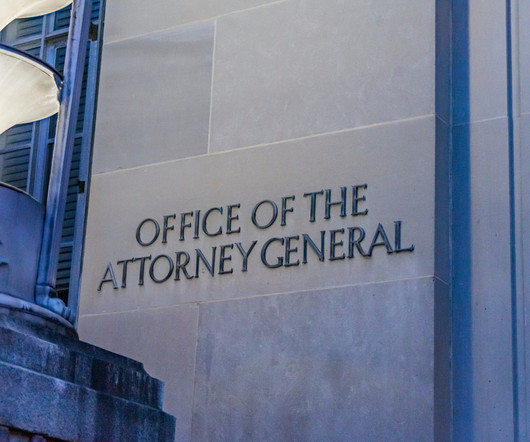Why would the New York State Attorney General pursue a Debt collection company?
FFGN COLLECT NY
JANUARY 31, 2024
That would include pursuing a Debt collection company that acts deceptively and fraudulently. As guardian of the rights of the people (and small businesses) the New York State Attorney General pursues bad actors. Some Debt collection companies act wrongly and engage in Fraudulent and deceptive behaviors.












Let's personalize your content